
Top 5 Legal Peptides in the UK (2025): What You Need to Know
Peptides have exploded in popularity among fitness enthusiasts, biohackers, and rehabilitation specialists for their potential to accelerate healing, support muscle development, and optimise recovery. But with growing hype comes growing confusion — especially around legality, safety, and sourcing.
So, what’s the real story in the UK?
Let’s get something straight: peptides are legal to purchase and possess in the UK — but only for research purposes. The Medicines and Healthcare products Regulatory Agency (MHRA) prohibits peptides being marketed or sold explicitly for human consumption or therapeutic use, unless they’re licensed as medicines.
That nuance means you’ll often see peptides sold online as “research chemicals” with disclaimers such as “not for human use.” Reputable suppliers stick closely to this wording to remain compliant — and so should you.
Now, let’s dive into the five most researched, widely available, and legally accessible peptides in the UK today.
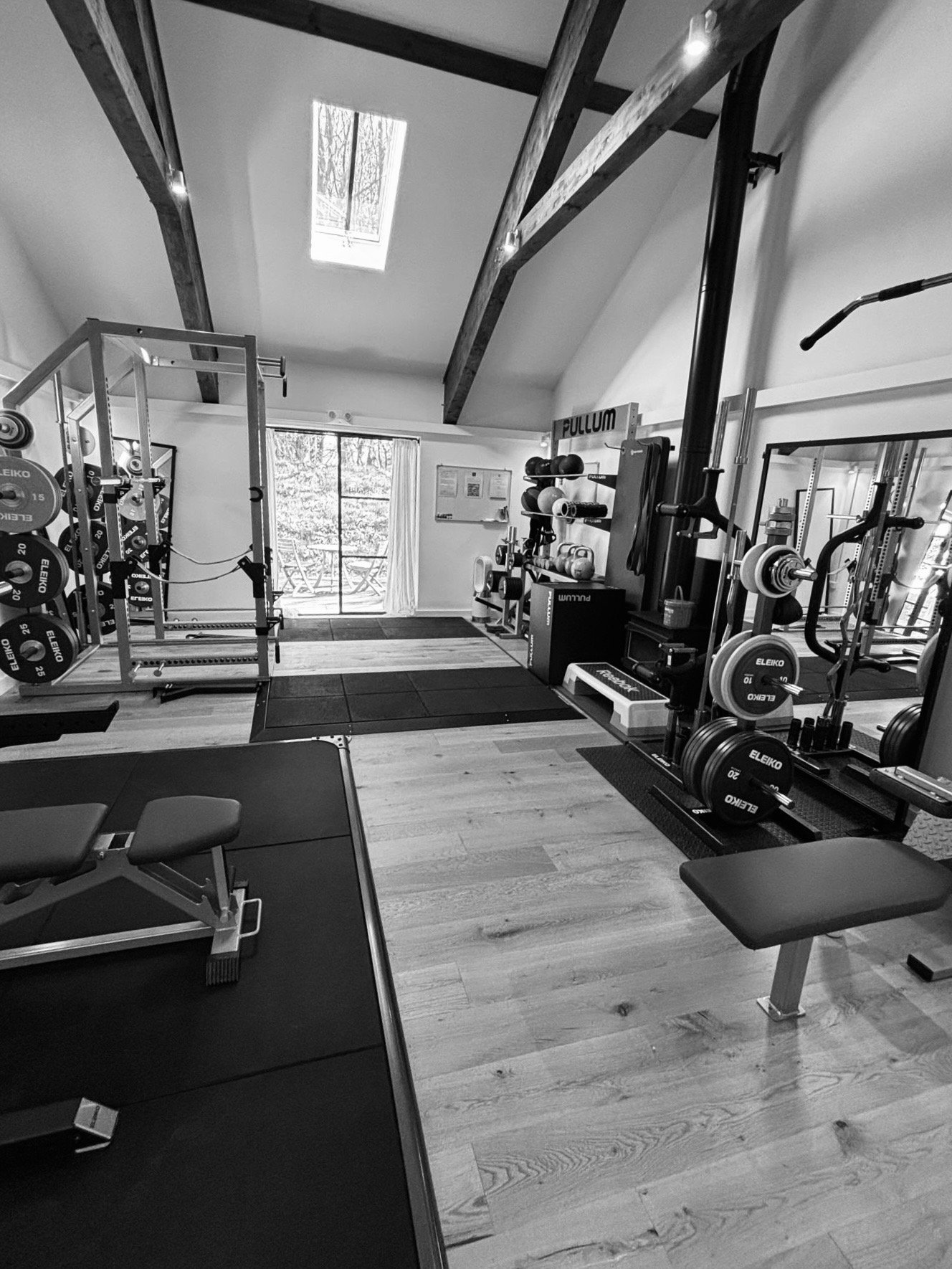
Where to Train in Dartmouth: The Ultimate Guide for Visitors and Locals
Looking for the best gym in Dartmouth, Devon? Whether you’re visiting for the weekend, spending the summer in your second home, or living here year-round, this guide will help you find where to train in Dartmouth—with options for strength training, rehabilitation, group classes, and more.
Why Train in Dartmouth?
Dartmouth might be best known for its coastal charm, scenic river views, and vibrant marina—but if you’re someone who wants to stay fit while on holiday, or if you’re a local tired of generic gyms, Dartmouth has a hidden gem waiting for you.

Rethinking Running: Load, Footwear, and the Truth About Injury
Running is one of the most accessible and effective forms of exercise—but it’s also one of the most misunderstood.
Every few years, a new trend emerges: minimalist shoes, maximalist shoes, heel striking is bad, forefoot is best, change your cadence, fix your posture… The advice often swings between extremes, leaving everyday runners confused about what’s “right” or “safe.”
At Poseidon Performance, we take a more grounded approach—rooted in evidence, clinical experience, and performance coaching at the highest level. Rather than chasing trends, we ask better questions:
Why is this runner in pain? What’s their injury history? What does their body currently tolerate? How has load been managed?
The answers, as always, are found in the details.

Testosterone, Peptides & Performance: What Men Over 40 Need to Know Before Jumping In
A middle-aged athlete stretching, representing active men over 40 who seek to maintain performance. Men in their 40s and beyond often start noticing changes in their bodies that affect performance, recovery, and libido. It’s not just in their head—male hormone levels, especially testosterone, naturally decline with age (about 1% per year after 40 on average ). This can lead to frustrating symptoms like fatigue, slower recovery from workouts, reduced muscle mass, increased body fat, lower sex drive, and mood changes . Unsurprisingly, many active men begin searching for ways to support testosterone after 40 and maintain their edge.
In this quest for vitality, two options frequently come up: Testosterone Replacement Therapy (TRT) and peptide therapy. Both are touted for boosting performance and well-being, but they work very differently. What’s the difference between TRT vs. peptides, and which (if either) is right for you? In this article, we’ll break down how testosterone and peptides each play a role in men’s health, compare their benefits and risks, and provide guidance for men over 40 considering these interventions. By the end, you’ll have a clearer understanding of each approach – and why education and medical guidance are so important before jumping in.
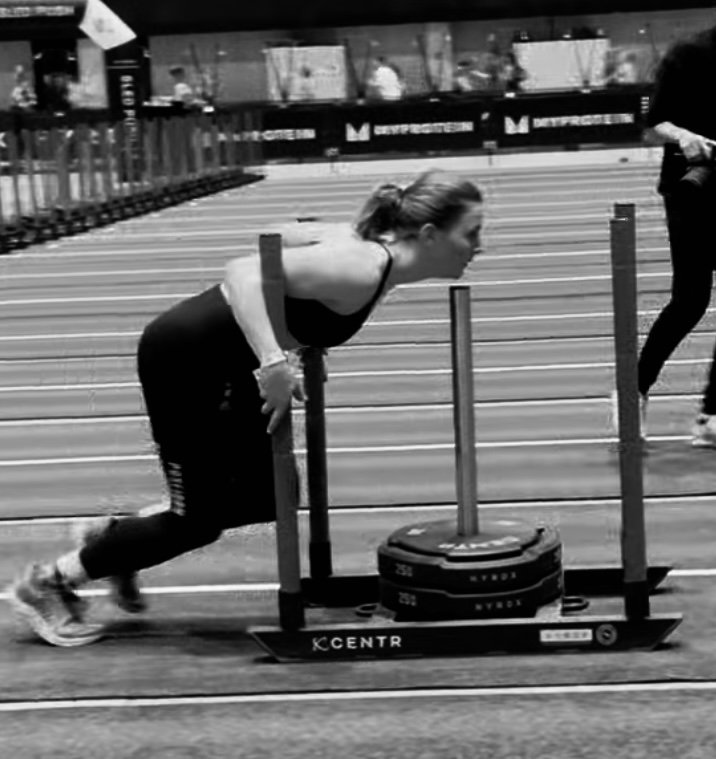
What to Know Before Your First Hyrox Competition – Tips From Coaches Who’ve Been There
So you’ve signed up for your first Hyrox. You’re excited, maybe a little nervous, and wondering what to expect. Good. That mix of anticipation and adrenaline is what makes it worth doing. At Poseidon Performance, we’ve helped first-timers, seasoned competitors, and even those rehabbing injuries get to the start line (and finish strong). Here’s what you need to know.
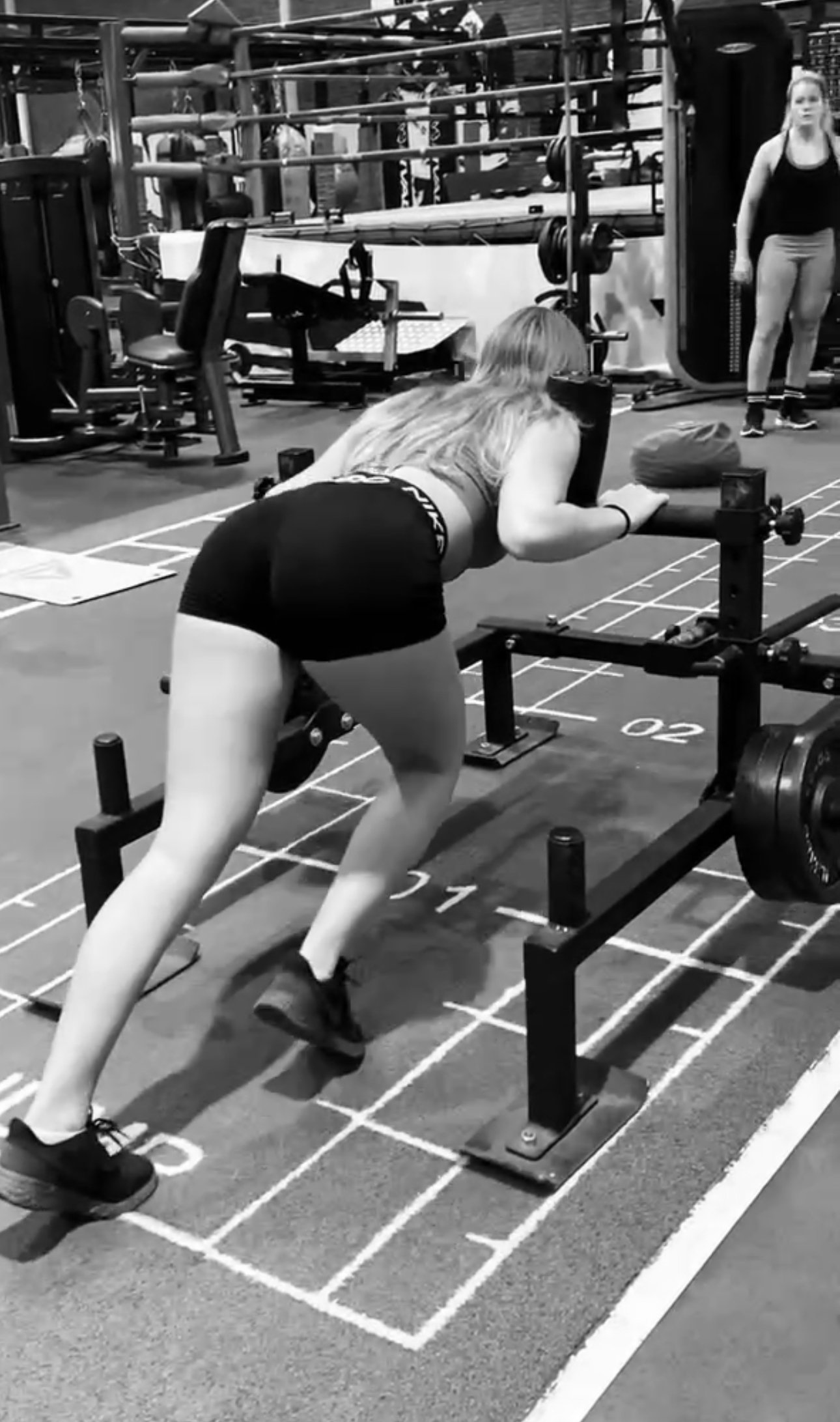
How to Train and Prepare for Hyrox: Strength, Strategy, and Smart Conditioning
Hyrox has taken the global fitness world by storm — a hybrid endurance competition blending running with functional workouts. It’s a test of strength, stamina, mental grit, and pacing. Whether you’re an athlete looking for your next challenge or someone aiming to train with purpose, Hyrox offers a clear, structured goal. At Poseidon Performance, we’ve trained everyone from world champions to complete beginners. Here’s how to train smart and show up prepared.

Fasting for Health and Performance: Intermittent, Wet, and Dry Fasting Explained
Discover how different fasting styles—from 16:8 intermittent fasting to advanced dry fasting—can optimise fat loss, inflammation control, cognitive clarity, and long-term health.
What Is Fasting? A Return to Our Evolutionary Roots
Fasting—the voluntary abstinence from food (and sometimes water)—has been practised for thousands of years. From ancient spiritual traditions to modern clinical research, fasting is now being rediscovered as a powerful tool for physical resilience, metabolic control, and cellular repair.
Contrary to common belief, fasting isn’t about deprivation. It’s about recovery, renewal, and recalibration. Our ancestors thrived with alternating cycles of feeding and fasting. Today, most people eat constantly—and our bodies never get the chance to rest, reset, or regenerate.
But not all fasting is created equal. In this article, we’ll break down the three most effective and popular fasting methods:
• Intermittent Fasting (e.g. 16:8)
• Wet Fasting (Water Fasting)
• Dry Fasting (No food or water)
Each comes with distinct physiological effects, risks, and benefits. Understanding the differences will help you choose the most appropriate fasting style for your goals—whether that’s performance, recovery, fat loss, or longevity.

Biohacking: Performance Breakthrough or Wellness BS?
What if you could fine-tune your body like a high-performance engine? That’s the promise of biohacking—a trend that’s exploded across wellness circles, performance labs, and social media feeds alike. But as with any buzzword, it begs the question: is it grounded in science or simply clever sales and marketing?
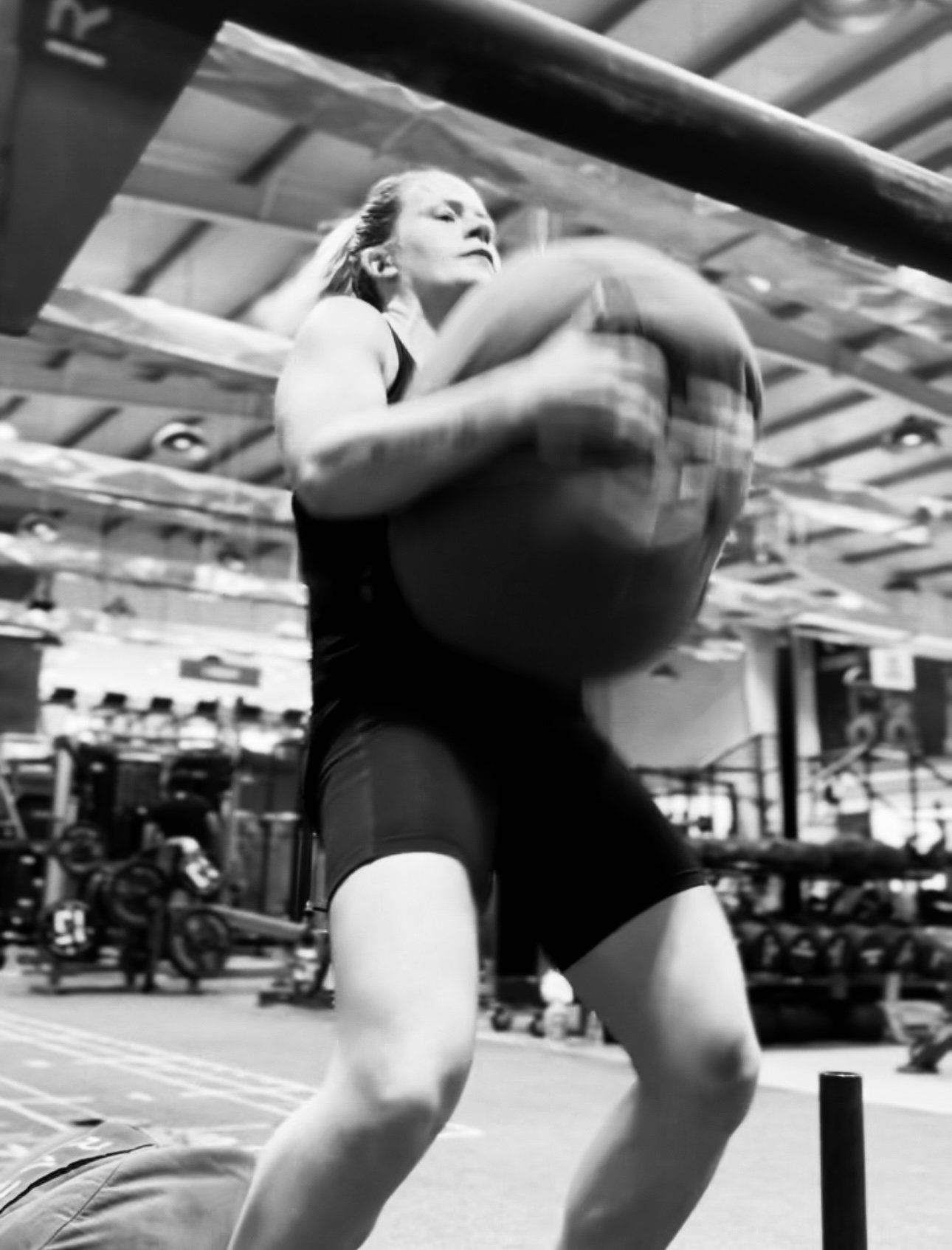
The Top 5 Brutal Conditioning Workouts That Actually Build Mental Toughness
When your main lifts are done and your lungs are still intact, that’s when the real work begins. For strength athletes looking to break plateaus—not just physically but mentally—conditioning finishers are where resilience is forged. These brutal conditioning workouts aren’t about aesthetics or burning calories; they’re about sharpening your edge, developing grit, and pushing beyond the point where most people stop.
Here are five brutally effective finishers that deliver more than just fatigue—they build mental toughness and real-world carryover for anyone serious about strength.
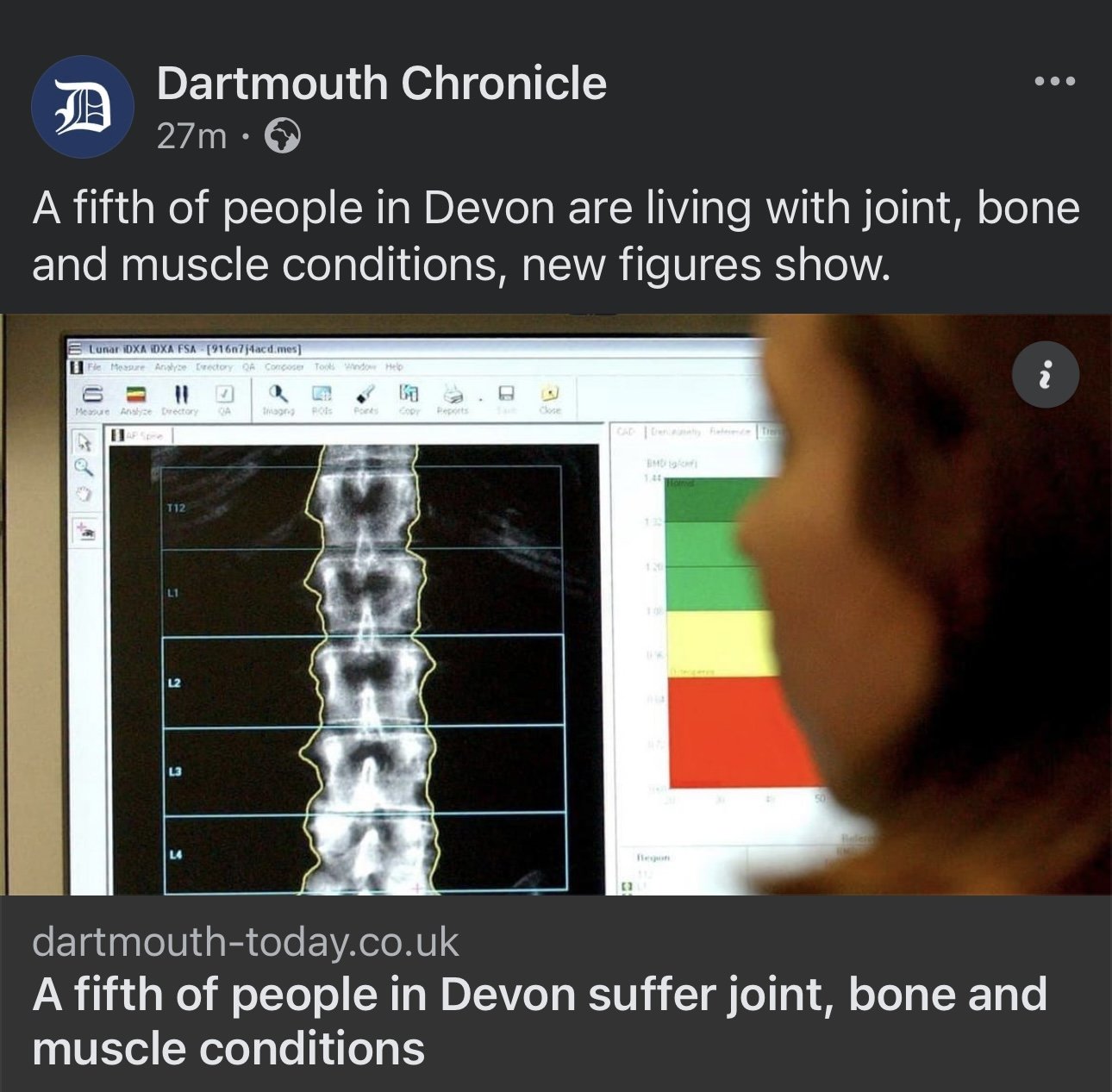
Living in Pain Isn’t a Lifestyle — It’s a Signal. Here’s What to Do About It
1 in 5 People in Devon Are Living in Pain. Quietly.
According to a recent article by Dartmouth Today, more than a fifth of the population in Devon are suffering from joint, bone, and muscle conditions — and the numbers are rising.
But here’s what struck us:
The silence.
These are not people shouting for help. They’re adjusting, accommodating, and often withdrawing. From sports. From hobbies. From social events. Even from the simple joy of walking without thinking about it.
It’s not just the physical toll — it’s the quiet, slow resignation that this is just part of getting older.

Is Strength Training Safe for Kids? Here’s What Parents Need to Know
In today’s world of digital distractions, many parents in Dartmouth are asking a crucial question:
“Is strength training safe for my child?”
The short answer is yes – when it’s done properly. In fact, supervised strength training for children is not just safe, it’s incredibly beneficial for their physical and mental development.

Stay Strong for Life: Why Women in Dartmouth Need Strength Training in Their 30s, 40s, and 50s
Picture yourself living an active, independent life in your 60s, 70s, and beyond—whether that’s enjoying long walks along the South West Coast Path, lifting your grandchildren with ease, or rowing with friends on the River Dart. Now imagine the alternative: struggling with everyday movements, relying on others for help, and missing out on the things you love.
The difference? Strength training.
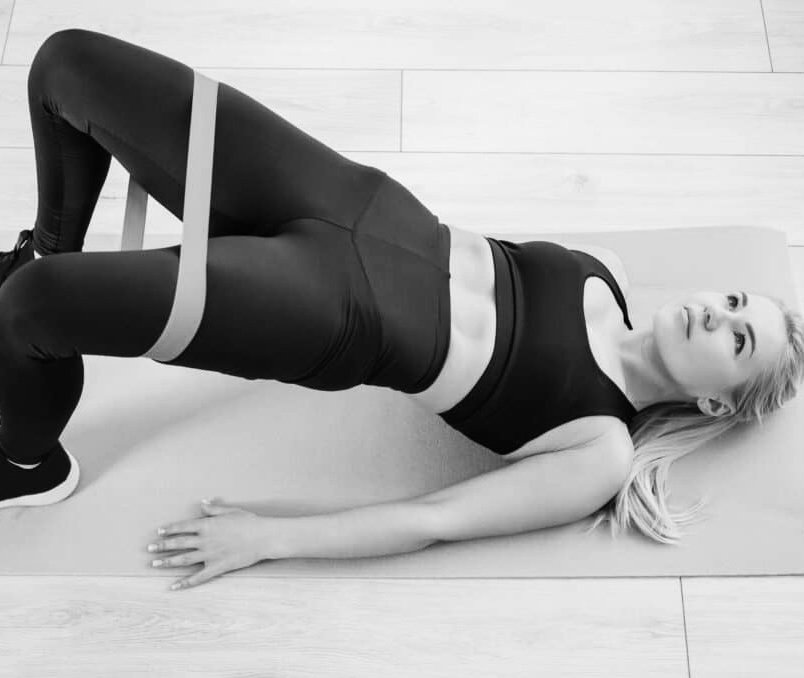
Rehab is Training: The Poseidon Performance Approach to Recovery and Resilience
At Poseidon Performance, we work with a wide range of clients—from elite athletes and high-performing professionals to older adults looking to maintain strength and mobility. One of the biggest misconceptions we see in rehabilitation is the idea that rehab and training are two separate things. Many people believe rehab is something passive—massage, cupping, needling—whereas training is what happens when you’re fully recovered.
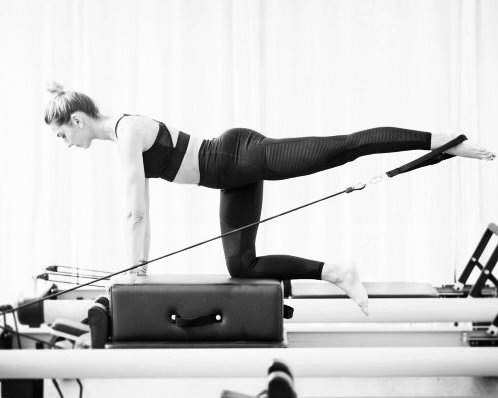
Pilates Reformer: Does It Work? A Physiological Breakdown
Pilates has long been associated with flexibility, core strength, and controlled movement, but is it an effective way to build muscle, develop strength, or enhance athletic performance?
One of the most popular forms of Pilates training involves the Reformer, a piece of equipment that uses springs, pulleys, and a sliding carriage to provide resistance. Many people swear by it for core stability, muscle endurance, and injury prevention, but does it hold up physiologically? And more importantly—is it optimal for strength and performance?

Pullum Sports: Inside Poseidon Performance Studio
We’re proud to unveil the brand-new Poseidon Performance Studio in Dartmouth - a high-performance training facility designed and equipped in partnership with Pullum.
What began as an empty shell has been transformed into a world-class space, dedicated to strength, rehabilitation, and resilience. After months of collaboration and meticulous planning, Poseidon Performance has a home that reflects its mission: helping clients move better, feel stronger, and perform at their best.

The Optimal Warm-Up: Why Specificity Beats Gym Theatrics
Warming up is often misunderstood. Many people waste time on excessive foam rolling, static stretching, or mobility drills that do little to prepare them for lifting. The best way to warm up? Start with the actual movement you’ll be performing, using progressively heavier loads.

Healthspan vs. Lifespan: Optimising Quality of Life for Longer, Healthier Years
In recent years, conversations surrounding aging have shifted from focusing on lifespan—the number of years we live—to healthspan, the number of years we live well. While the goal of extending life expectancy is an age-old pursuit, it’s becoming increasingly clear that a longer life isn’t necessarily a better one unless those added years are spent in good health. Healthspan is a concept that bridges this gap, emphasizing the quality of life over its mere duration.
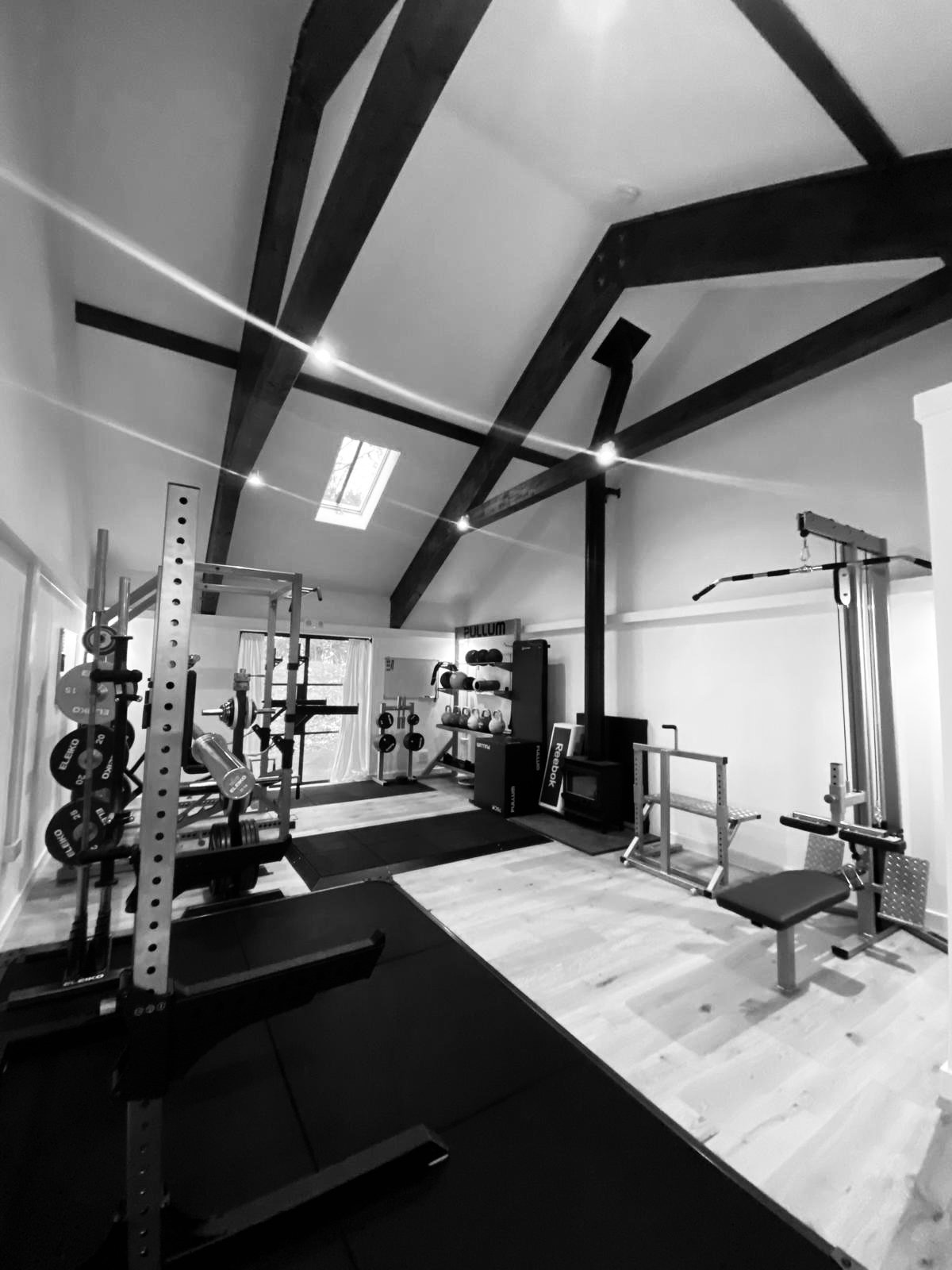
Poseidon Performance Comes to Dartmouth: A New Era of Strength, Rehab, and Longevity Training
Poseidon Performance is proud to announce the opening of our brand-new fitness and rehabilitation studio in Dartmouth! After years of coaching elite athletes, military personnel, and clients worldwide, we are bringing our expert-led strength, rehab, and longevity training to South Devon.

The Truth About Aging and Athletic Performance: Why You Don’t Have to Slow Down Until Your 70s
Aging is often viewed as a limiting factor in athletic performance and physical capability. Many assume that once they hit their 40s or 50s, they need to slow down, accept a decline in performance, and retire from active pursuits. However, emerging research challenges this belief. Studies now show that unless you’re dealing with injuries or other unforeseen health conditions, your athletic performance doesn’t significantly decline until your mid-70s.
This revelation has profound implications for how we approach fitness, aging, and longevity. In this blog, we’ll explore the science behind these findings, address the factors that influence performance over the decades, and provide actionable strategies to keep you thriving well into your golden years.

Boosting VO2 Max: Why Moderate Exercise Isn’t Enough and How the Norwegian 4x4 Protocol Can Help
For many individuals, following the standard physical activity guidelines feels like a surefire way to improve fitness and health. However, research shows that nearly 40% of people meeting these guidelines still fail to improve their VO2 max—a key indicator of cardiovascular fitness and aerobic capacity.


